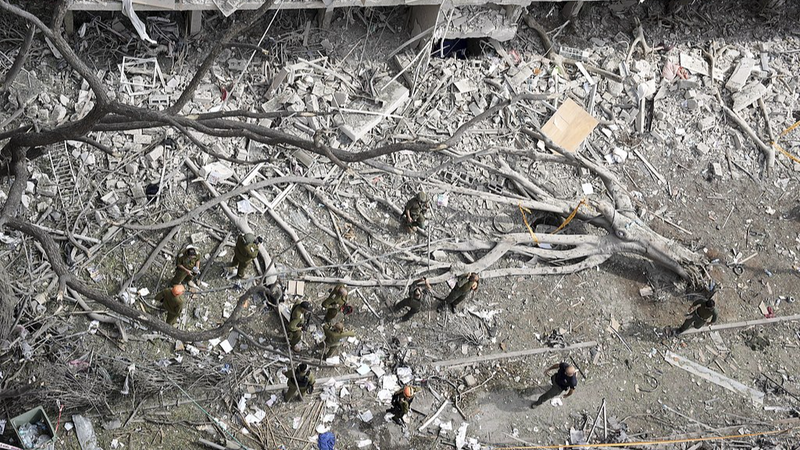It was mid-June when the skies over Iran turned into a high-stakes chessboard. In a 12-day air bombardment that rattled the region, Israel says it struck over 900 targets across the country – shutting down key missile factories, command centers, and research labs.
According to a senior Israeli military official, this precision campaign killed more than 30 senior Iranian security chiefs and 11 leading nuclear scientists. The operation delivered a knockout blow to Tehran's nuclear ambitions by neutralizing its ability to enrich uranium to 90% and halting progress on a warhead core.
By the numbers
- 30+ senior security chiefs killed
- 11 nuclear scientists killed
- 900+ strategic targets hit
- Nuclear enrichment to 90%: paused
Iran answered with missile barrages on Israeli military bases and cities, claiming to have pierced Israel's air defenses. A U.S.-brokered ceasefire eventually brought the exchange to a halt.
Casualty reports paint a stark picture: Iran cites 627 fatalities, while Israel confirms 28.
What's next?
Back in Jerusalem, Defense Minister Israel Katz has ordered a blueprint for ongoing air dominance, future sanctions on weapon development, and strategies to curtail Iran's backing of regional militias. Meanwhile, Lt. Gen. Eyal Zamir, Israel's Chief of Staff, hinted that the aftermath could reshape Israel's campaign against Hamas in Gaza.
For young global citizens, entrepreneurs, and policy-makers, this fast-moving conflict offers a sobering reminder: in today's world, air power and smart targeting can tilt the balance of power – and reverberate far beyond the battlefield.
Reference(s):
Israel says it killed 30 Iranian security chiefs during 12-day war
cgtn.com



